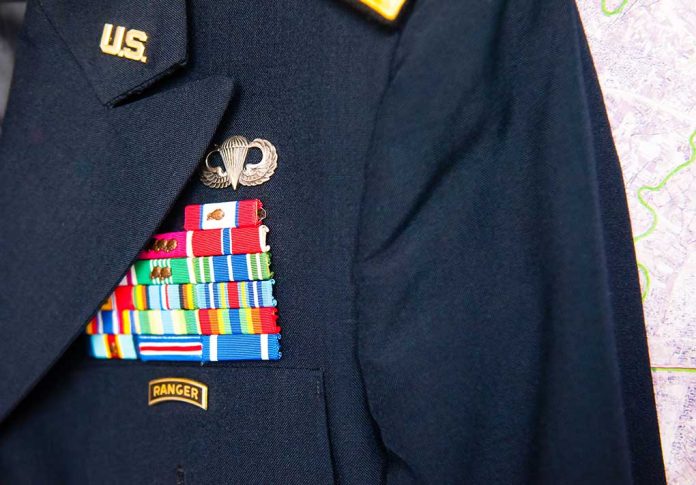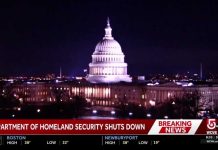
President Trump’s pardon of Mark Bashaw, a former Army officer punished for refusing COVID mandates, sends a powerful message: principled resistance to government overreach will no longer be criminalized in America’s military.
Key Takeaways
- President Trump pardoned former 1st Lt. Mark Bashaw, who was court-martialed in 2022 for refusing to comply with COVID-19 safety orders, including vaccine mandates.
- Bashaw was discharged from the Army after 17 years of service despite the military judge issuing no punishment for his conviction.
- The pardon removes Bashaw’s criminal record, eliminating potential barriers to future employment opportunities.
- This case highlights the broader issue of approximately 8,200 service members who were separated from military service for refusing the COVID-19 vaccine.
- Trump’s pardon represents a symbolic restoration of honor to service members who stood by their principles during the pandemic.
Standing on Principle: Bashaw’s Resistance to COVID Mandates
Former Army officer Mark Bashaw became the first known service member to face court-martial over COVID-19 mandate violations when he refused to telework, submit to testing, or wear masks indoors. Bashaw, who served for 17 years, requested a religious exemption from the vaccine based on his Christian beliefs but was denied. His conviction in 2022 came after he refused to comply with Department of Defense orders, citing his military oath and what he believed was his public health duty. Though the military judge declined to issue punishment following his conviction, Bashaw was nevertheless discharged from the Army in 2023, ending his military career.
“I just received a presidential pardon from President Donald J. Trump. I am humbled, grateful, and ready to continue fighting for truth and justice in this great nation,” said Mark Bashaw following the announcement of his pardon.
The Broader Impact of Trump’s Pardon
President Trump’s pardon removes Bashaw’s criminal record completely, eliminating potentially lifelong consequences from a federal conviction. The significance of this action extends beyond Bashaw’s individual case. During the pandemic, approximately 8,200 service members were separated from the military for refusing the COVID-19 vaccine, with only about 100 returning to service by April 2023. The Pentagon ultimately dropped the military COVID-19 vaccination mandate in 2023 after congressional legislation, but not before thousands of careers were affected.
“A court-martial conviction carries lifelong collateral consequences of a federal conviction, beyond punishment imposed by the court,” explained Amburr Reese from Military.com. “Some examples may include social consequences and difficulty in obtaining future employment, as criminal convictions are generally public information and frequently reported in federal and state criminal and licensing databases.”
In January, President Trump issued an executive order offering incentives, including back pay, for service members who were discharged due to vaccine refusal to return to the military. This pardon represents another step in addressing what many conservatives view as governmental overreach during the pandemic that disproportionately affected military personnel who stood by their personal convictions.
Political Context and Vindman Connection
Adding a layer of political complexity to Bashaw’s case was his prosecution by Eugene Vindman, brother of Alexander Vindman who figured prominently in Trump’s first impeachment proceedings. According to reports, Eugene Vindman publicly celebrated Bashaw’s conviction before later pursuing his own political career. This connection has led some supporters to view Bashaw’s case as politically motivated rather than based purely on military discipline concerns. The pardon effectively nullifies this controversial prosecution, which many conservatives saw as emblematic of the weaponization of COVID policies against political opponents.
Restoring Honor to Service Members
For many conservatives, President Trump’s pardon of Mark Bashaw represents more than just clearing one officer’s record—it symbolizes a restoration of honor to all service members who stood by their principles during the pandemic. While COVID-19 resulted in over 1.2 million American deaths, including 690 Department of Defense-related deaths between 2020 and 2022, many military personnel felt that mandates infringed upon their religious liberties and personal freedoms. By pardoning Bashaw, President Trump has signaled his administration’s commitment to protecting service members’ rights to follow their conscience, even when doing so conflicts with prevailing policies.




